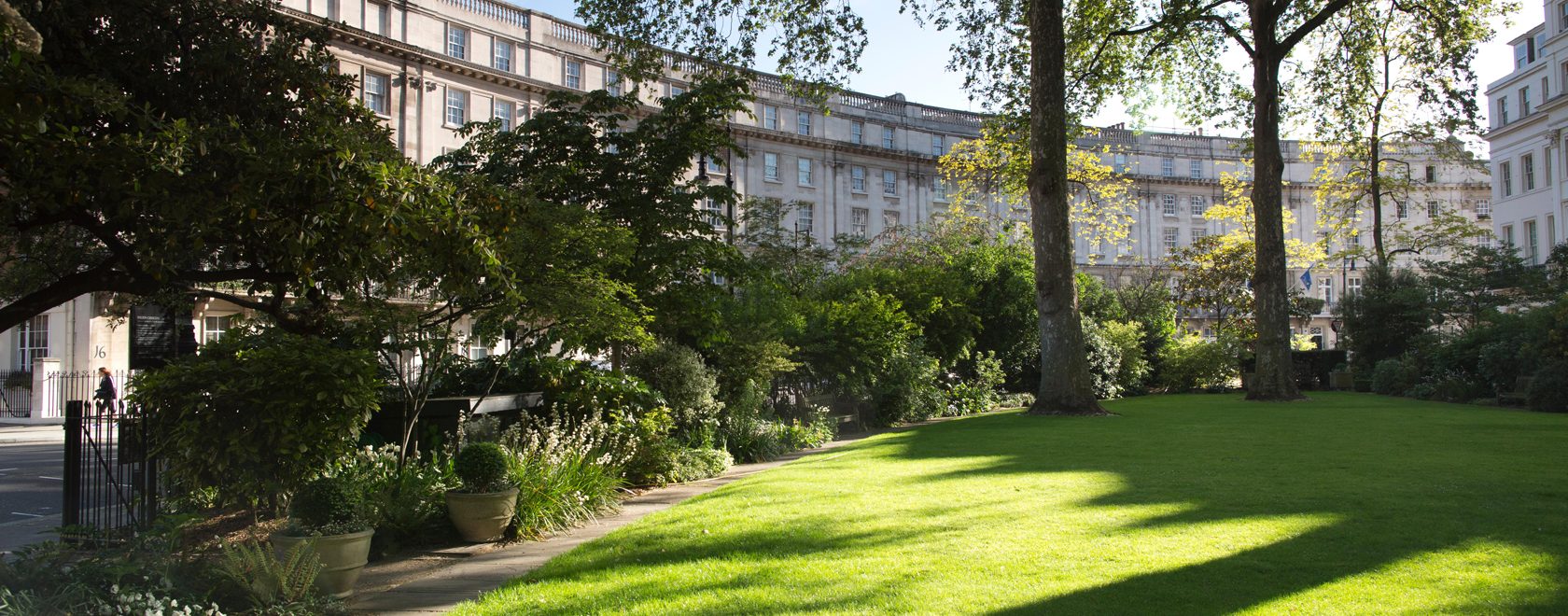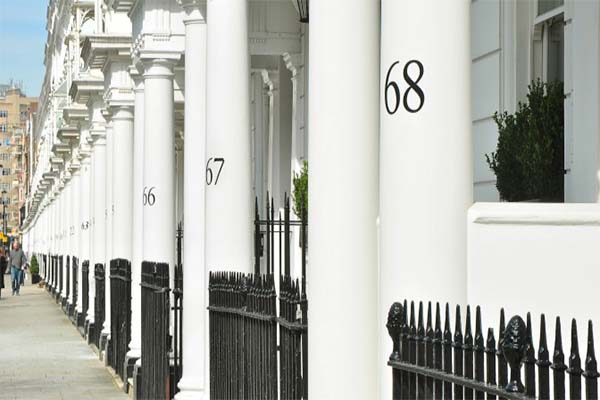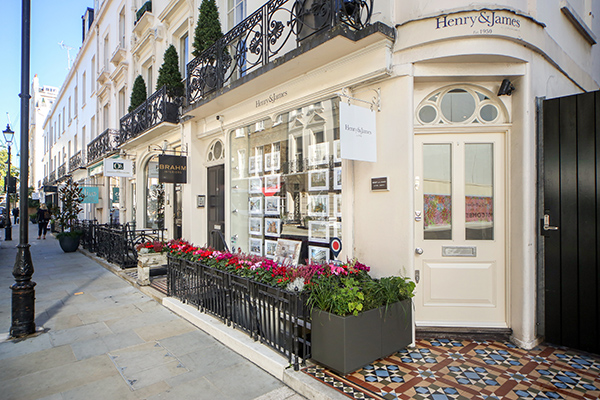Short leases are a familiar part of the London property landscape. Apartments frequently come on the market with 100, 80 years and sometimes much shorter leases. Some buyers will avoid them, but others might be tempted to learn more.
But how short can a lease on a property be before you should have second thoughts about buying it? A generation ago, many were nervous of any leases shorter than 50 years. Now, according to chartered surveyor Will Robinson, an expert in the field, the majority of purchasers would be happier with over 100 years if possible.
While of course many leases are much shorter than this, fortunately a lease-holder of a property, whether the lease is 25 years or 125 years, is usually entitled to extend the lease by 90 years after owning it for a period of two years. This would probably add value to the property as well as providing long term security of tenure.
The amount paid for the lease extension depends on the overall value of the property and the length of the existing lease, but generally it increases gradually as the lease becomes shorter. Although a large increase in the cost occurs on the day the lease drops below 80 years.
For leases over 80 years the price paid represents the loss in value to the landlord. If however a lease is shorter than 80 years and you want to extend it, you will have to pay an additional amount to the landlord representing what is known as “marriage value”. So there is a significant difference between a property with a lease of 80 years and one month and one with a lease of 79 years and 11 months.
Marriage value, confusingly, has nothing to do with wedding bells and confetti. A lifelong bachelor or spinster would be liable to pay the marriage value when extending a lease of less than 80 years. The concept dates back to the 1963 Leasehold Reform Act, but the 2002 Commonhold and Leasehold Reform Act stipulates that the landlords and lease-holder must split 50/50 the notional value added to a property by a lease extension unless the existing lease is over 80 years.
“The fact that you might have to factor in extra for the marriage value when buying a property with a lease of less than 80 years is not itself a reason not to buy the property,” says Will Robinson. “You just need to be aware that a lease extension will add costs which cannot always be predicted with complete certainty. The exact amount of the marriage value and premium to be paid has to be negotiated between the landlord and the lease-holder.”
If you are considering a property with shorter-than-100-year leases, here are some top tips.
- Get independent advice on the likely premium you will have to pay if and when you decide to extend the lease.
- Be extra careful with leases on the cusp of 80 years in length.
- Be careful if buying a property where the current lease-holder is already in the process of negotiating a lease extension – You should take your own advice on the likely cost of the lease extension.
- When negotiating the marriage value with the landlord, do not make a ridiculously low starting bid – your application for a lease extension is likely to be disallowed.
- Allow enough time for what can sometimes be a protracted process. Some lease extensions are quick and simple to negotiate. Others can be as legally convoluted as buying a property and can drag on for weeks.
- Always be sure to instruct a solicitor and valuer with good knowledge of the process.
- For lease enfranchisement advice: Will Robinson 020 7758 2640
- Are you looking to buy, sell, rent or let? Contact your local Henry & James office on 020 7235 8861 or visit henryandjames.co.uk.







